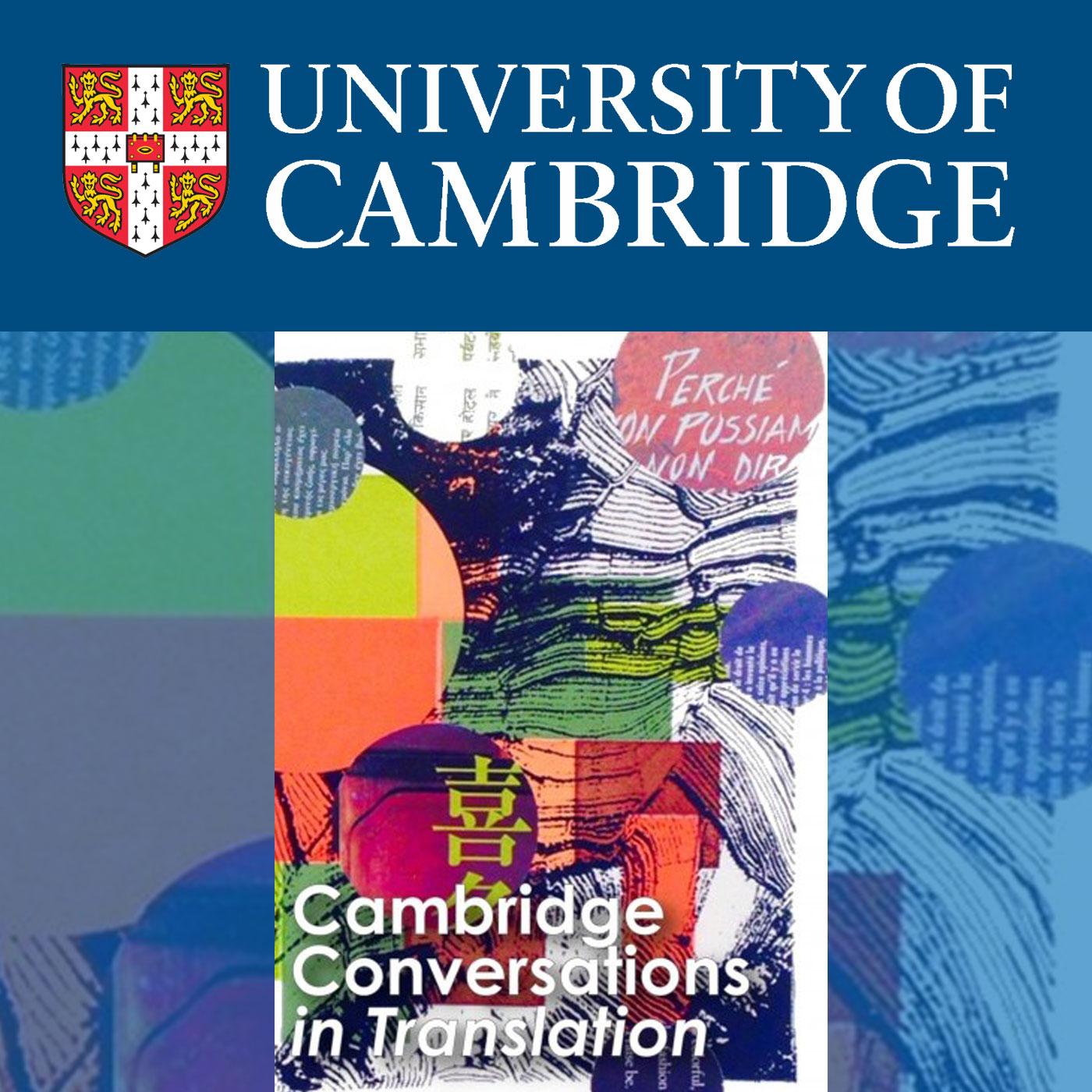Cambridge Conversations in Translation - 13 November 2017 - Translation and Poetry (Workshop)
Description
Viviane Carvalho da Annunciação (CLAS, Cambridge)
Jennifer Harris (Fac English, Cambridge)
Moderator: Monica Boria
Within the domain of literary translation, poetry has traditionally attracted a great deal of scholarly attention (Holmes 1970, 1988; Lefevere 1975, 1992; Bassnett 1980; Hermans 1985; Eco 2003; Robinson 2010; Jones 2011; Reynolds 2011, Drury 2015). The constraints offered by rhyme and meter may sometimes appear to justify the statement (often attributed to Robert Frost) that ‘poetry is that which is lost in translation’. The notion of translatability frequently seems to defy the very essence of poetry since it is a literary medium in which meaning and structural form seem to be inextricably linked. Even proponents of strikingly different approaches to poetry translation usually agree that any expectation of absolute ‘fidelity’ (whatever that is) must necessarily be qualified or compromised in one way or another. But which aspects of a given poem can be safely jettisoned, and which must be doggedly preserved? Nabokov’s literal approach contrasts with Ezra Pound’s ‘remakes’, and the ongoing debate sparked by Paul Celan’s work offers numerous challenging and conflicting insights. From crib translation to ‘versioning’, from tribute to parody, from Bringhurst’s ‘re-elicitings’ to Queneau’s exercises in style – translation has been an important aspect of creative practice for many influential poets.
This Workshop will focus on practical aspects of poetry translation in the 20th century, especially the role of the avant-guarde, concrete poetry, and French poetry.
Concrete Poetry and Scientific Exchanges
This talk is divided into two parts: the first will trace the use of scientific discourse in the creative exchange between Scottish and Brazilian concrete poets; and second is going to invite members of the audience to creatively engage with the poems by re-translating and re-interpreting some of the concepts the poets developed in their work. My hypothesis is that the concrete poets create this interdisciplinary dialogue as a metaphor for modernity and avant-gardism. The audience, though, is invited to reflect upon how science can be translated into art and how this creative exchange is able to renew both fields of research and knowledge. As for Concrete poetry, it is a term generally applied to a variety of artistic movements that followed the post-war frustration with traditional forms of art. Part of a collective search for new artistic materials, concrete poetry is the product of two traditions that emerged in the fifties, one of the Bolivian-born Swiss writer, Eugene Gomringer, and the other the Brazilian Noigandres group formed by Haroldo de Campos, Augusto de Campos and Décio Pignatari (Bann 7). Through a productive dialogue, Gomringer and Noigandres brought together these two distinctive artistic projects and disseminated the movement worldwide. Through this presentation, I wish to argue that their involvement with science is simultaneously, an attempt to update avant-garde discourses and enhance the interdisciplinary and creative possibilities of poetic discourse.
Dr Viviane Carvalho da Annunciação is a Teaching Associate at the Centre for Latin American Studies (CLAS) and a Senior Member at Robinson College (Cambridge). She holds a PhD in Literary Studies from the University of São Paulo, where she also received a joint degree in Portuguese and English Studies. She is the author of a book on Northern Irish poetry, Exile, Home and City: The Poetic Architecture of Belfast (Humanitas, USP). It was during her lectureship in English Language and Cultural Studies at the Federal University of Bahia (Brazil) that she started to examine more closely the portrayal of Brazil and Latin America in English-language poetry. As a visiting scholar at CLAS in 2014 she helped
More Episodes
Olga Castro (Aston)
Moderator: Monica Boria
Gender-based metaphors and analogies have often been deployed to describe the act of translation: the notion of a translated text as a beautiful but unfaithful woman (Gilles Ménage, 1654) and the translator as a violator or usurper of the author’s...
Published 05/23/18
Caroline Summers (Leeds)
Pauline Henry-Tierney (Newcastle)
Jen Calleja (Translator)
Moderator: Monica Boria
Gender-based metaphors and analogies have often been deployed to describe the act of translation: the notion of a translated text as a beautiful but unfaithful woman (Gilles Ménage,...
Published 05/23/18
Jeremy Munday (Leeds)
Delia Chiaro (Bologna)
Moderator: Marcus Tomalin (Cambridge)
Diversity, in its diverse forms, has come to characterise those modern nation-states that advocate the socio-political advantages of cultural and ethnic pluralism – and sociolinguistic diversity in particular...
Published 02/23/18


